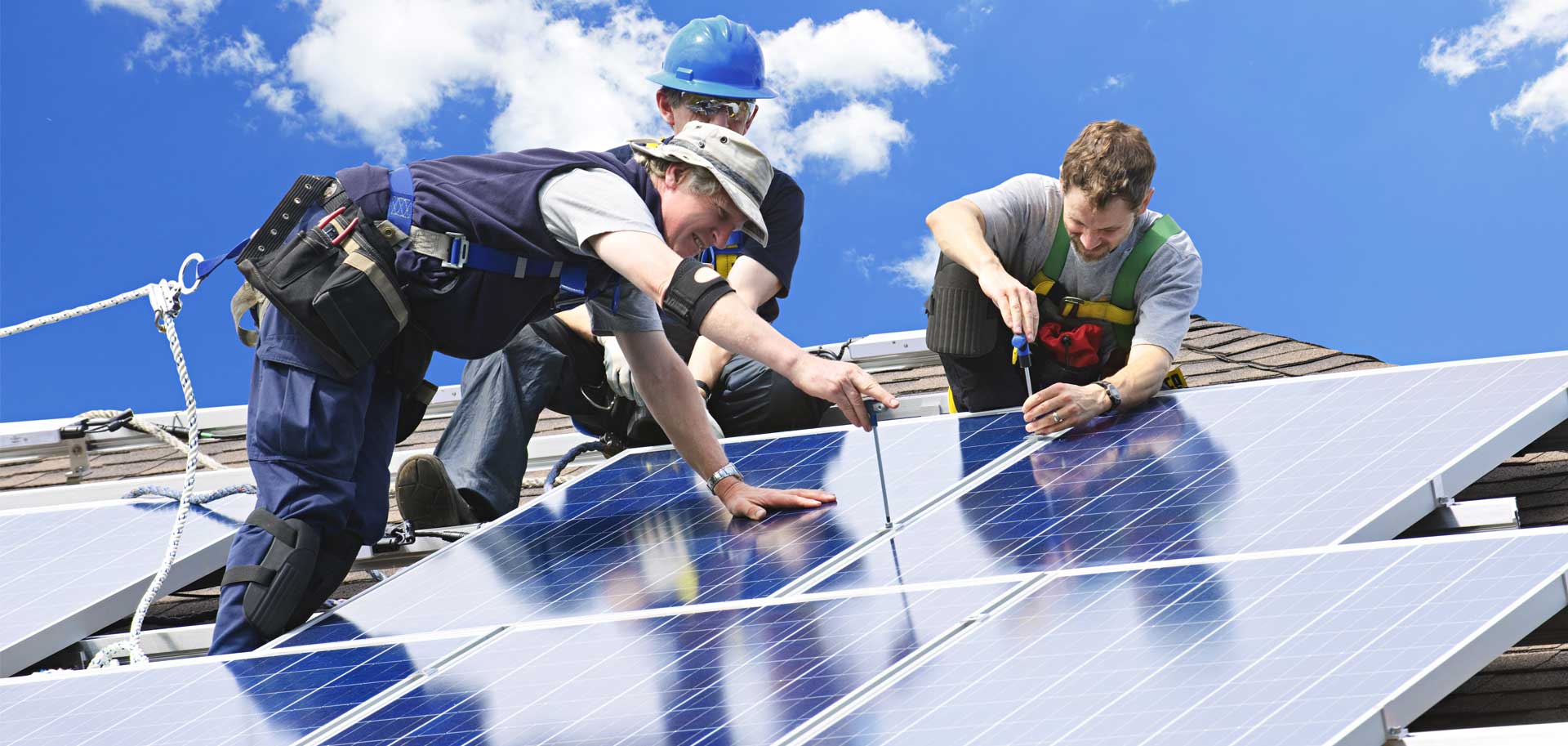
Solar panels take advantage of one of nature’s free energy: that from the sun. They use semiconductor technology to convert energy from sunlight into electricity that can power your home or business for free. Some components of the solar street lighting system are portable, the solar street light is simple to install and replace. Furthermore, there are numerous advantages to using a solar street light, and Pbox solar street light is one of the solar street light brands that offers all of these advantages with a variety of products and a high level of quality assurance.
The initial cost of purchasing solar panels plus installation costs may be costly at first, especially if you are on a tight budget, but you will get your ROI in no time. There are financial incentives to help you get the most out of your investment. Different companies offer affordable solar energy plans; you can check out Reliant Energy reviews to see what other people have to say about their experience with the company.
There are a considerable number of solar panel’ installers for homes and businesses in Shreveport, LA that can help you. If you are considering making the switch to renewable energy, solar panels can produce a considerable amount of energy on sunny or cloudy days to produce the electricity you need.
What Residential Solar Companies Do
Solar panels’ installers for a residential solar system typically follow these steps when installing a solar panel for your home:
- Gather solar power components such as solar panels, charge controller, inverter, and a battery pack. Other materials needed may include a breaker, meter, MC4 connector, and fuses.
- Calculate your power load by summing up the power that you use at your home. Most solar companies have a prepared chart to note down the appliances that you use on a daily basis, including television sets, lights, fans, heaters, and so on.
Solar panel installers usually use an online off-grid load calculator, to sum up the individual watt-hour numbers to get the grand total of your power usage.
- Selecting and charging the battery to provide your home electricity when the sun goes down. The most common type of solar battery used in solar panel installations is the lead-acid or a lithium-ion battery.
Solar batteries are designed to generate and store solar power during the daytime and discharge the stored power at night. This is possible when solar panel installers select the optimum, battery storage capacity that you need from what they calculated in the second step.
- Setting up the inverter to allow you to use electrical devices without using adaptors. Home solar companies use varying inverters with the different power wattage and types including square wave, modified sine-wave, and pure sine-wave inverters. The most recommended inverter is the pure sine wave inverter which is compatible with all electrical devices.
- Fixing the solar panel on your roof and selecting the best spot that receives an unhindered supply of the sun’s radiation. Home solar energy companies are experienced in the proper setting of the solar panels which is critical for their proper operation.
- Connecting the solar panels with a battery. Solar panel installers for a home solar system know the proper connections between a battery and s solar panel system so that you get maximized energy use.
- Setting up stands for the inverter and the battery. You have the option of building the stands for your solar panel inverter and battery or purchasing them. Your solar panel installer company can help you with this.
The high cost incurred in installing a solar power unit at home can be reaped later on because solar energy is practically free. Initial costs only include the materials used and installation fees.
Commercial Solar Power System Installation
There are four major aspects of solar energy systems that determine whether they’re commercial or residential. Nevertheless, both installations offer the same benefits: they protect the environment and are cost-efficient in the long run.
More and more businesses are embracing solar energy these days. This switch allows them to save money while they display their commitment to more environmentally-friendly energy sources. Let’s take a look at how commercial solar power system installation differs from residential solar power system installation.
This article focuses on these three crucial differences:
- Size
This is a critical distinction between residential and commercial solar panel systems. An average commercial panel is 96 cells in size, while a residential one is 72 cells. The size impacts their efficiency since commercial solar systems are efficient at a minimum of 22.5% while their residential counterparts come in between 14% and 20% at their highest.
- Installation
Commercial panels are normally much larger because they are installed in larger areas, but solar panel installer companies find them easier to install. This is because commercial structures usually have a flat roof system making it simpler to set up a solar panel system.
Furthermore, since a larger area is covered during solar panel installations for business purposes, it typically takes up to a month to complete while residential solar panels generally take one or two days to install.
Solar Alternatives: A Solar Panels’ Installer for Home and Business in Shreveport, LA
AS the solar industry has experienced rapid growth in recent years, more solar panel installer companies are emerging. Solar Alternatives is one of the top-rated solar panels’ installers for homes and businesses in Shreveport. In the long run, if you are considering solar system installation for your home and business, it will cost less than buying from a utility company.
